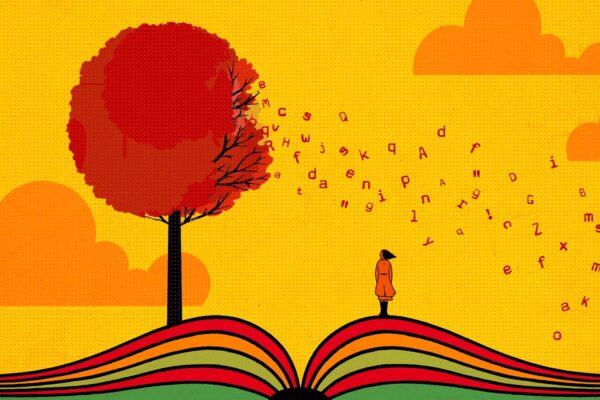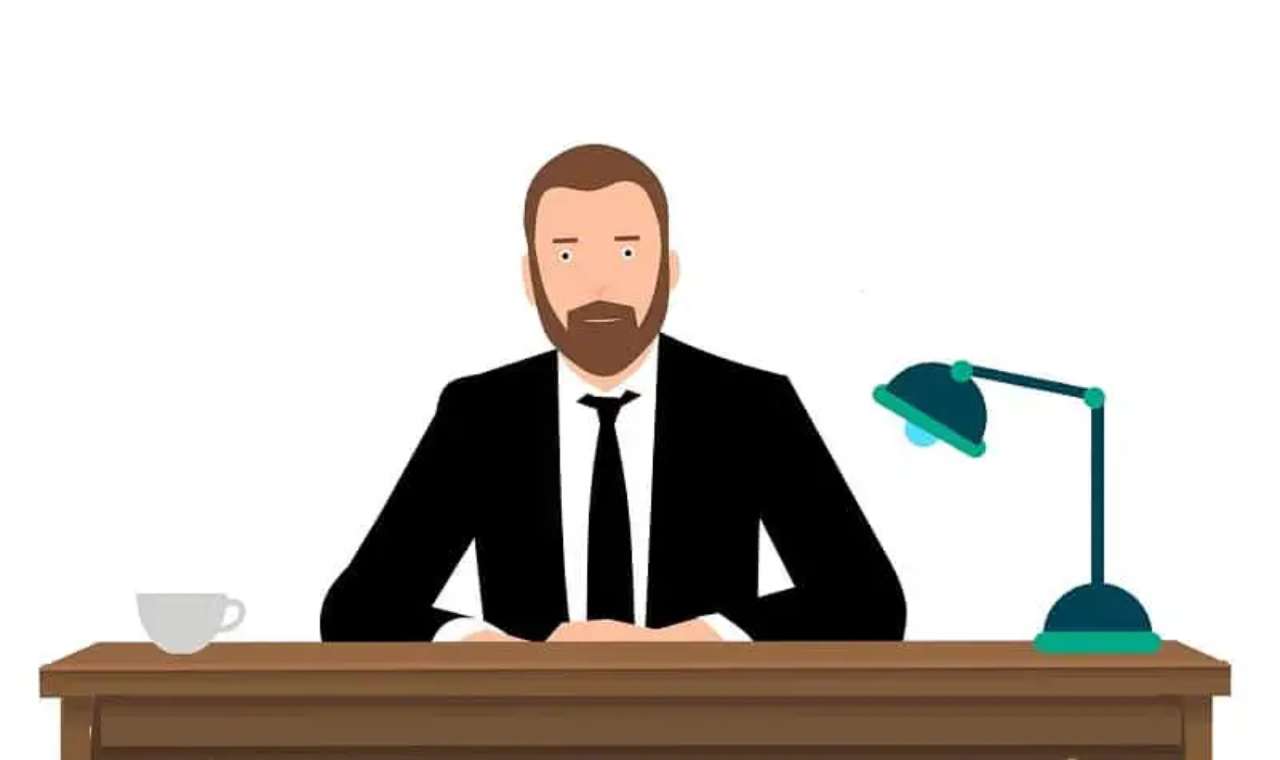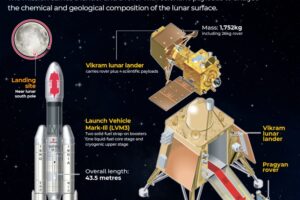Introduction
In a democratic society, the media plays a crucial role in holding public figures accountable for their actions and decisions. Journalists are tasked with the responsibility of asking tough questions, including those directed at the President. However, there are differing opinions on whether it is ridiculous for the media to ask the President tough questions. This article aims to explore this topic, shedding light on the significance of robust questioning in a democratic system. Let’s delve into the depths of media’s role and the importance of asking difficult questions.
Is it ridiculous for the media to ask the President tough questions?
Asking tough questions is an integral part of journalism. It serves as a means to ensure transparency, accountability, and prevent the abuse of power. When it comes to the President, their decisions and actions have far-reaching consequences that affect the lives of citizens. Thus, it is not ridiculous for the media to pose challenging inquiries. Instead, it is essential to maintain a healthy democracy and hold leaders accountable.
The Role of Journalists in a Democracy
Informing the Public: Providing Objective Reporting
Journalists act as the voice of the people, delivering information and news that shape public opinion. They have a responsibility to provide objective reporting, including asking tough questions to unearth the truth. By doing so, journalists ensure the public remains informed about the President’s policies, decisions, and their potential implications.
Safeguarding Democracy: Promoting Transparency and Accountability
Transparency is vital for a functioning democracy. Journalists, through their rigorous questioning, expose any potential wrongdoing, corruption, or questionable practices. By holding the President accountable, journalists serve as a crucial check on power, ensuring the President remains answerable to the citizens.
The Importance of Asking Tough Questions
Preventing Autocracy: Upholding Democratic Principles
Democracy thrives when leaders are held accountable. By asking tough questions, the media serves as a watchdog, preventing the consolidation of power and the erosion of democratic principles. Robust questioning acts as a safeguard against autocratic tendencies, ensuring the President remains committed to serving the interests of the people.
Unearthing Critical Information: Seeking the Truth
Tough questions often reveal critical information that might otherwise remain hidden. Journalists have a duty to dig deeper, challenge assumptions, and demand clarity from the President. This pursuit of truth fosters an environment of accountability, preventing misinformation and enabling the public to make informed decisions.
Representing the Public’s Interests: Speaking Truth to Power
Journalists represent the interests of the public. By asking tough questions, they demand answers on behalf of the citizens who rely on accurate information to understand the President’s actions and policies. This role helps bridge the gap between the government and the governed, ensuring transparency and accountability.








